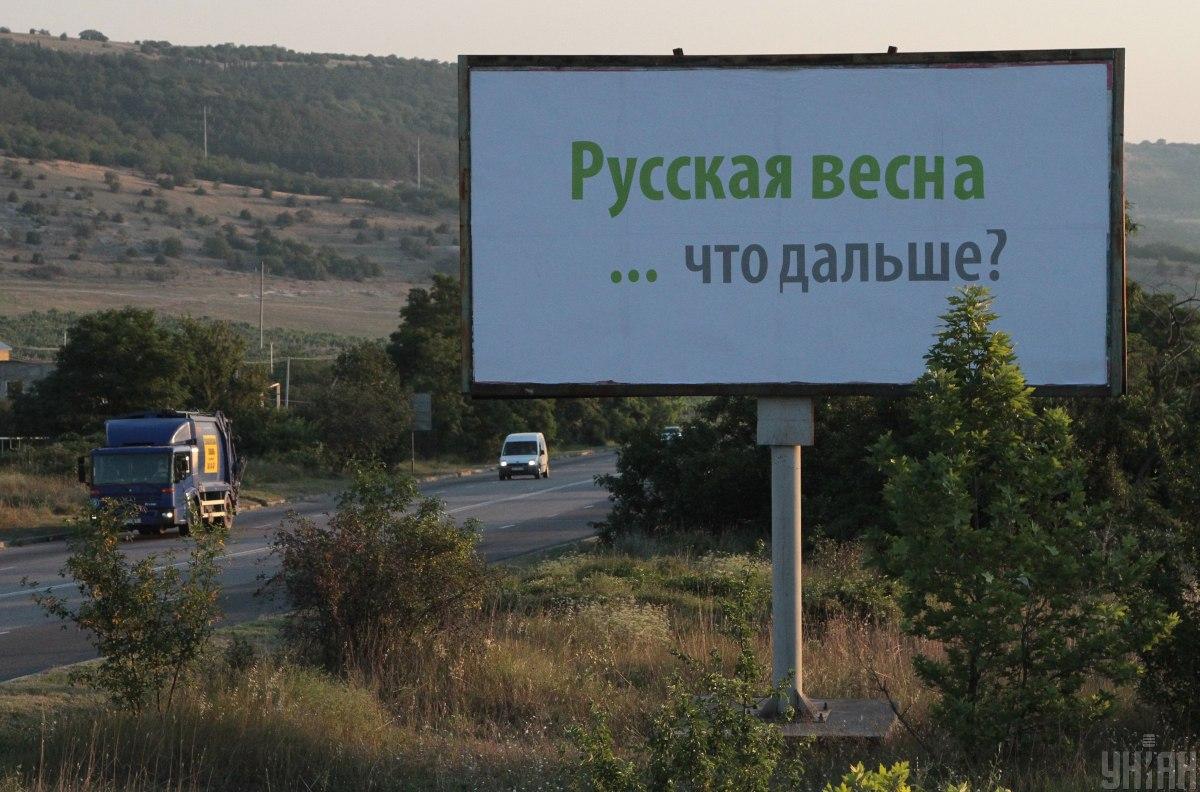
Russia's new move to strip Ukrainians of their own land in Crimea is in flagrant violation of Ukrainian and international law, which will entail consequences, both for Russia and for Russian nationals who "acquire" land plots illegally expropriated from Ukrainians, rights activists stress.
At a joint briefing on May 6, Ukrainian Prosecutor's Office for Crimea, Office of the President's Envoy for Crimea, and human rights groups spoke of ways to protect Ukrainians from losing their land following the illegal decree issued by Russian President Vladimir Putin on March 20, 2020, Kharkiv Human Rights Protection Group reports.
The decree makes amendments to a list of "coastal territories" which "foreign nationals, stateless persons and foreign legal entities" cannot have land rights to. The list includes most parts of occupied Crimea, except for three regions without access to the Black Sea. Since Russia, as invader and occupying state, is treating Ukrainians as "foreign nationals", the decree effectively strips Crimean Tatars and other Ukrainians who have not acquired Russian citizenship of their land rights.
Read alsoCrimean children taught Russia didn't invade Crimea – rights group
Russia's new move is in breach of the Geneva Convention on the Protection of Civilians which expressly prohibits the destruction or expropriation of property by occupying powers. The trouble is that Russia is brazenly violating international treaties with its ongoing occupation of Crimea, so simply stating the fact will be of no help to Ukrainians who are now being made to sell their land plots which otherwise will have been forcibly sold, almost certainly for very little money, by March 20, 2021, the report reads.
Anton Korynevych, Ukrainian President's Envoy for Crimea, has condemned Russia's move, while his Deputy, Darya Sviridova, pointed out that all Ukrainians whose land is expropriated shall be deemed as victims of an armed conflict. As reported earlier, the International Criminal Court's Prosecutor has recognized Russia's ongoing occupation of Crimea as an international armed conflict. Sviridova stressed that Ukraine must now create effective procedure for reinstating all paperwork confirming ownership rights; establish the principles for returning expropriated property; and record all such cases of expropriation, destruction of property, etc.
Ukraine has clearly stated that it does not recognize this "decree" and that the latter is therefore seen as void. That means that, even if land is expropriated and Russians consider themselves new owners, the land shall remain property of those who were illegally stripped of their rights.
In theory, the law is not retroactive and should only apply to land which became a "foreign national's" property after it came into force. However it was noted that, in fact, there has already been widespread expropriation of land based on court rulings which illegally reassessed legitimacy of pre-annexation land allocation according to Russian legislation, violations are expected to prevail.
Russia has made it virtually impossible to reside in occupied Crimea without acquiring Russian citizenship. Now, those who have turned down naturalization are at risk of losing their property. The decree will also negatively affect the large number of Ukrainians who were forced to flee their homes to mainland Ukraine.
Those who were forced to take on Russian citizenship are not necessarily protected, either, the report adds. There have been a number of cases where Russia's migration service has illegally invalidated acquired citizenship.

